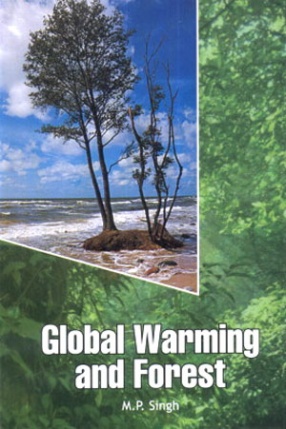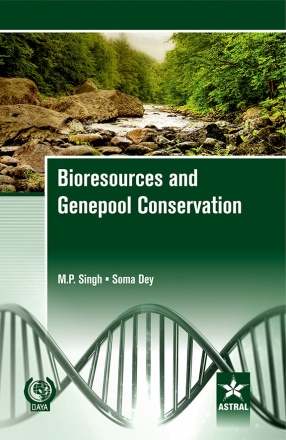The western countries were the biggest polluters until a few decades ago. The developing countries must avoid the excesses indulged by the west and learn appropriate lessons. Nature knows no political frontiers whether for climate change or transboundary pollution.
The world has become warmer in the last 50 years, mostly due to human activities. The global temperature may increase by between 1.4 to 5.8 Degree Celsius with such consequences as rising sea level and amount and pattern of precipitation. These may also manifest in extreme whether condition such as global retreat, floods, droughts, heatwaves, hurricanes, cyclones and tsumaric. All these may lead t extinction of many species and unintended consequences on human lives. Despite proliferation of knowledge of climate changes, experts are divided on the linkages between human activities and the question of the changes. Most studies focus on the period upto 2100 through warming is likely to continue beyond then since carbon dioxide has a long atmospheric lifetime.
The debate on how much climate change is likely in future is overshadowed by the still greater debate on what if any, should be done to reduce or reverse global warming. How to tackle the consequences is another issue that is engaging the attention of environmentalists and policy makers across the world. This book is likely to increase appreciation of this phenomenon which is not limited to territorial boundaries of certain countries though political debates may make if look so.
Since human included emissions of green house gases occur primarily as a result of inefficient use of energy, climate change needs to be attacked at its source with the focus on emissions, energy efficiency and renewable energy. The book avoids over simplistic treatments of scientific findings and departures from rational objectively which can undermine public trust in natural sciences and could play into the hands of anti-environmentalists, more so in causes where scientific results are some what uncertain.








There are no reviews yet.